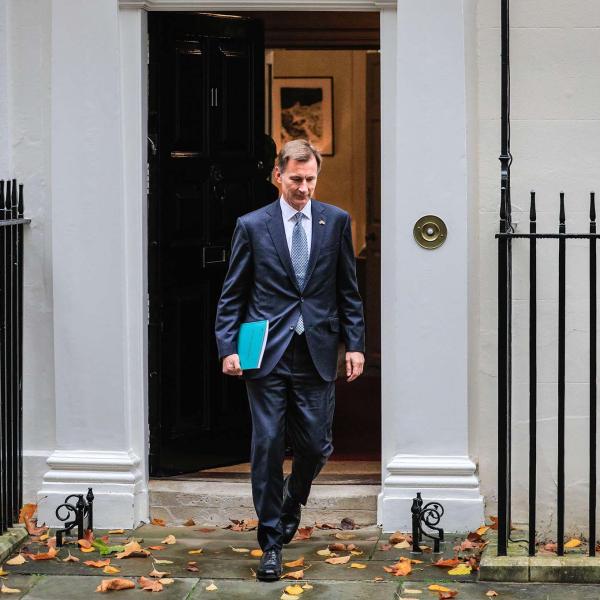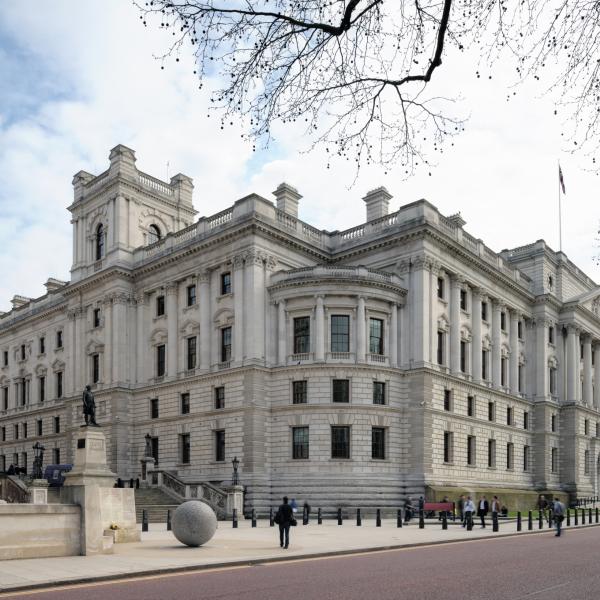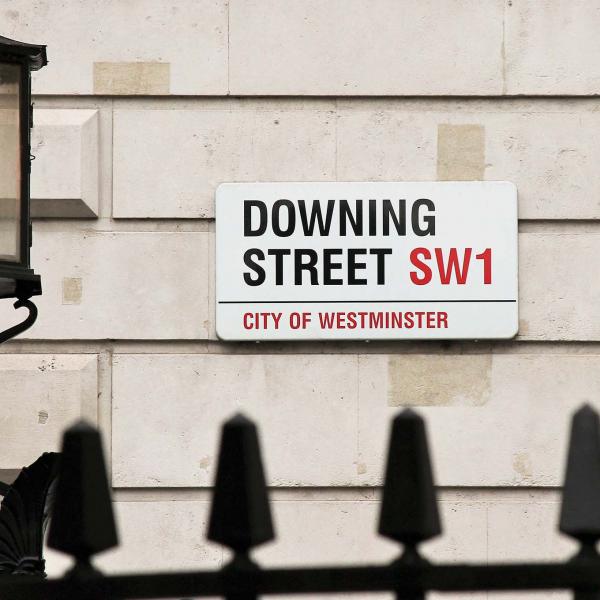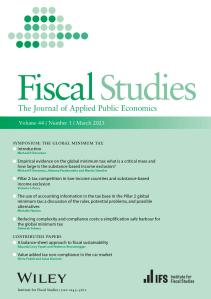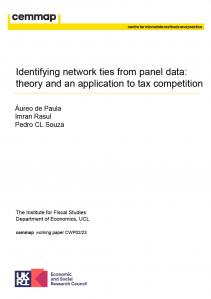<p>'We are convinced that a central problem of the legislative process is that far too many bills are introduced into Parliament in a state that is recognised - even, we suspect, by Ministers - to be less than perfect'. In short, '.. bills are too often introduced to Parliament "half-baked" and with a lot of the detail insufficiently thought out ...'.
</p><p>I would not mind were Parliament a competent cook, able to complete a process started by government. Were that so, our elected representatives would enhance the democratic process by the part they played in turning out the final product. But the heat of parliamentary debate is rarely sufficient: what enters Parliament half-baked usually emerges half-baked, or worse. 'The weight and extent of the criticisms received is perhaps the most notable feature of our enquiry'. Criticism of legislation is as old as legislation itself.
</p><p>King Edward the Sixth wished that 'the superfluous and tedious statutes were brought into one sum together, and made more plain and short, to the intent that men might better understand them'. But 'half-baked' does not just refer to a failure to achieve simplicity or clarity in legislation; it refers to the failure of legislation to achieve its purpose of converting the aims and objectives of government policy into practical rules to regulate our lives in a sophisticated society. </p>

